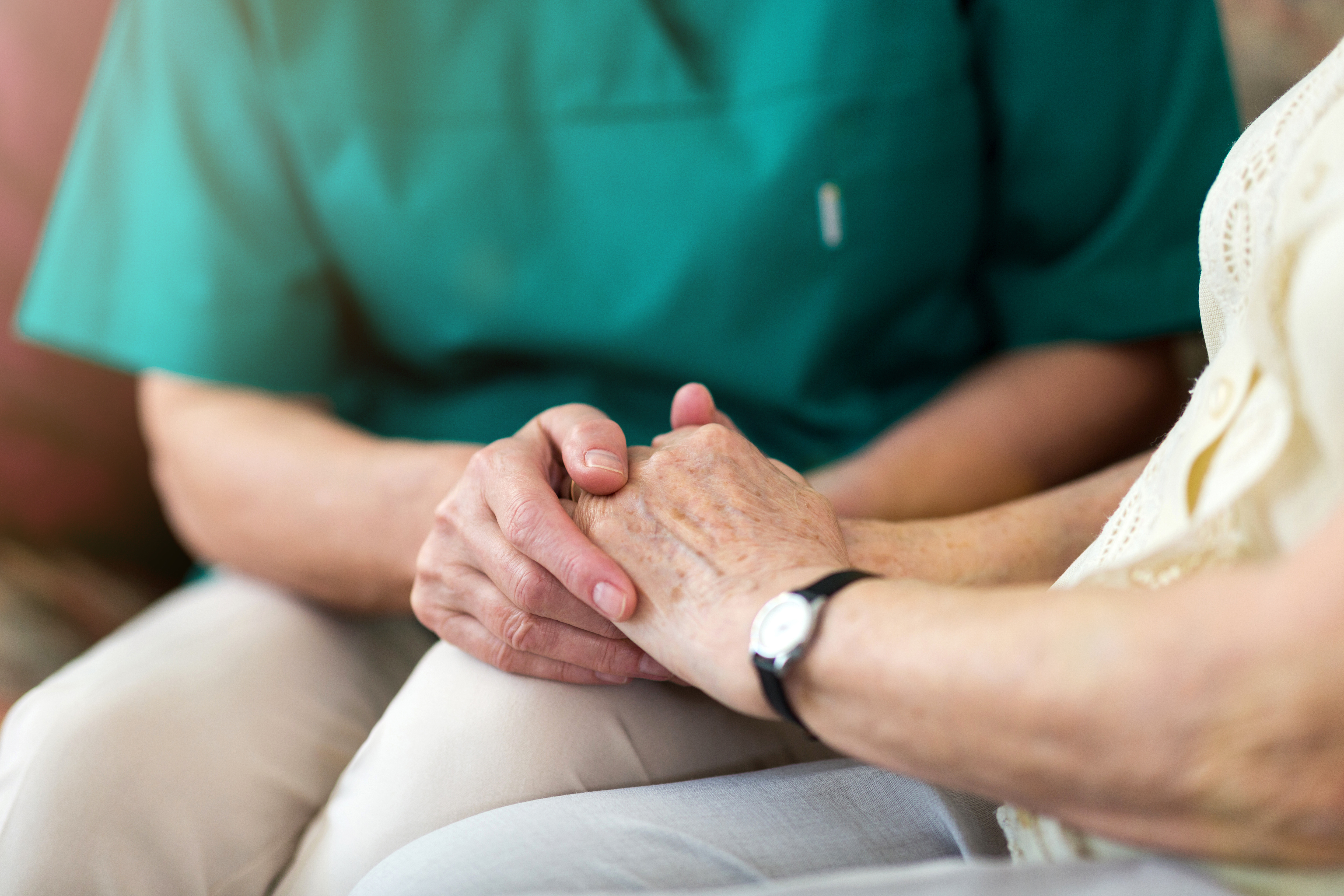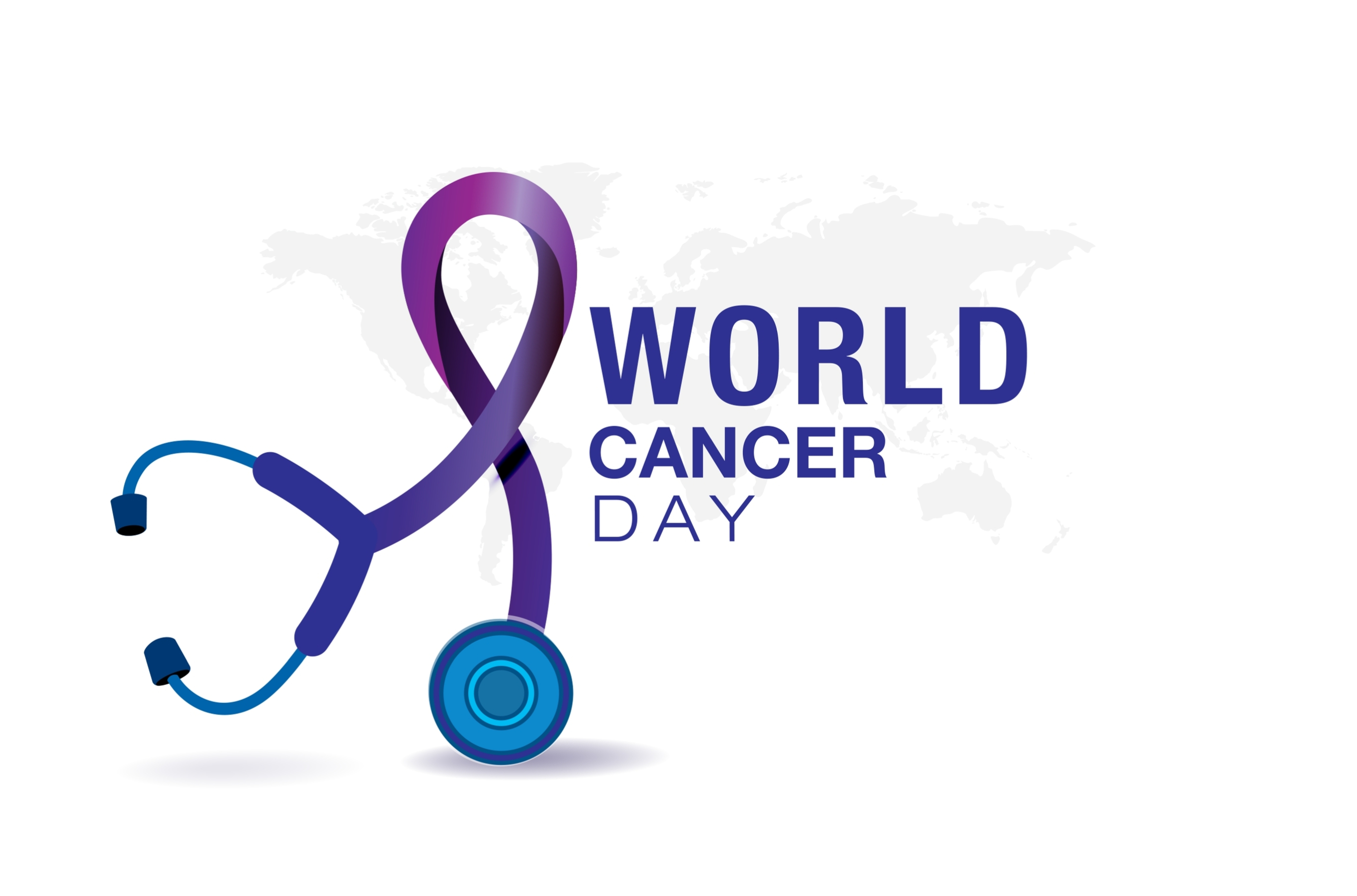Closing the cancer care gap in Europe - how data can reduce healthcare inefficiencies
In a normal year, cancer kills close to 2.2 million people in Europe: a far-too-heavy toll when we know that many of these deaths could have been prevented. The COVID-19 pandemic has also severely impacted European cancer care, delaying diagnosis and disrupting prevention, treatment, and access to medicines.
Ahead of World Cancer Day 2022, we caught up with Eduard Vrdoljak, Head of the Center for Oncology at the University of Split, Croatia, to discuss this year’s theme ‘Closing the Care Gap’ and why harnessing data needs to be an urgent priority for Europe.
How would you describe the current state of play of cancer care in Europe?
“Europe is trailing behind the rest of world in the treatment of cancer. We have about 9% of the global population, and about 21% of global cancer mortality - meaning that cancer is a bigger problem in Europe than in any other continent. There are several underlying reasons for this. Firstly, we have better medical care in Europe, so fewer people die due to other causes. Secondly, Europe’s elderly population is considerably bigger as a proportion of its population than in any other region. And lastly, we are simply not investing enough. For example, if every country were to perform above the 50th percentile of successful outcomes, we could save about 50,000 lives each year in Europe. If we outperformed the top 75% percentile, we would end up saving 100,000 lives per year.”
How can data reduce inefficiencies in European cancer care?
“In different parts of the world, including Europe, a very small number of cancer patients – less than 1% globally - are involved in clinical trials. The medical field is only learning about these patients. In other words, 99% of patient data - carrying a wealth of knowledge about patients’ clinical journeys – is currently lost in space. I believe that it’s important to learn from every single patient and medical professional working in oncology, and to use new technological advances to generate knowledge and insights from this data. Investing in oncology infrastructure - the marriage between digital technology and oncology - could be the biggest breakthrough that we have seen up until now. Taking data from the everyday practice of medicine and turning it into actionable insights could be transformative for cancer care in Europe”
What are the obstacles to data improving cancer care in Europe?
“European oncology lags behind when it comes to exploiting data’s potential. Oncology is a sector that is data-rich but information and time poor. To enable data to benefit cancer patients, we need legislative changes to enable oncology data to not just be continuously collected and monitored but also filtered and analysed. After all, if we’re not going to report data insights in real-time, why engage in big data collection at all? Big data alone is not useful; you need analysis to turn it into insights.
We also need legislation and policy programmes to facilitate patient-practitioner data-sharing and to empower patients – through greater digital and health literacy - to share and use their data. For example, a paper presented at the plenary session of ASCO a few years ago showed that when patients were allowed to have better contact with their physician using devices to connect with them, they had a 15 to 20% higher survival rate in absolute terms compared to other patients. So, legislation needs to open up those problematic bottlenecks to enable better communication between the medical field and patients - and give patients the tools to control their own health. Data mining is going to be the biggest step forward in the history of medicine, particularly in oncology. So it’s crucial – for humanity - that we allow technology to be applied and used properly.
Another obstacle is a lack of medical data and solutions-sharing across Europe. To make change, you have to diagnose a problem and compare outcomes and solutions in other places. This means collecting, analysing, comparing and sharing information. Unfortunately, some countries continue to operate as though they are in competition with one another, often refusing to collect and/or share data about national medical performance or solutions. Other times, they simply lack clear pathways through which to cooperate. The key to success when it comes to improving patient care is cooperation on data collection and sharing, otherwise many countries will continue to suffer high cancer mortality rates.”
Are healthcare professionals ready to implement digital technologies and genomics in the workplace?
“Implementing digital technologies and genomics in the workplace is one of the biggest challenges we face in the coming decades. Legislation is going to be crucial to creating an environment where health innovation can thrive, and healthcare practitioners can actually use it. This may mean we need more real-time, dynamic policy. Because if new technologies come with the burden of bureaucratic procedures, time-strapped physicians are going to be against their integration into healthcare practice.
And, in relation to this, the question of all questions still remains: who is going to feed all this medical information into the system? If physician oncologists have to do this, it will never work. Oncology data doubles every 73 days. That is an incredible amount of information and, ultimately, a huge amount of time. We need systems where data is entered, sorted and analysed automatically, so that physicians can access real-time insights whenever they need them.
But, to me, it comes down to legislation to force change. The COVID-19 crisis showed us that we can make sweeping changes when we want to. It’s demonstrated that when we come together and pool our efforts and resources, it’s possible to make unprecedented progress. For big technological shifts in medicine, the unique convening power of the EU is required - fixing goals, setting clear deadlines, committing the necessary funding and connecting the main actors through effective partnerships. Applying this approach to cancer could deliver fast, effective results. By working as a team and combining efforts at the national and EU levels, we can overcome individual weaknesses, reduce fragmentation, and deliver a more effective and equitable response to cancer.”













